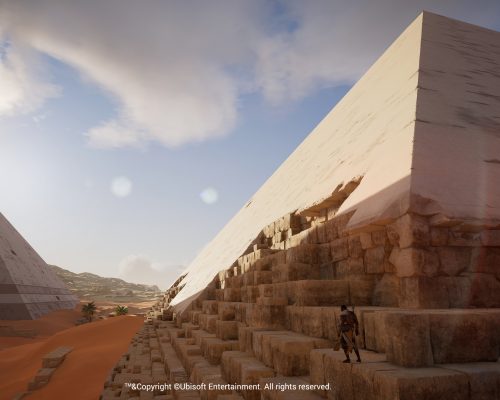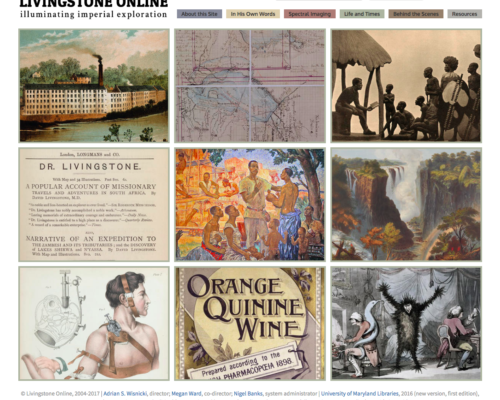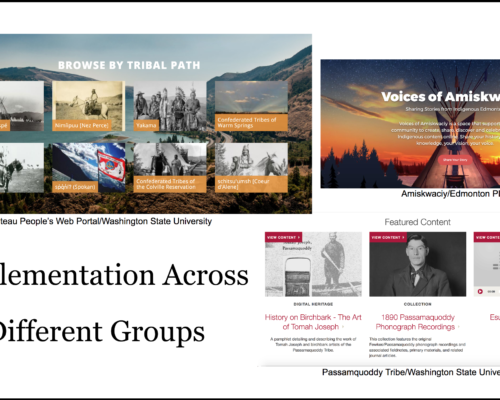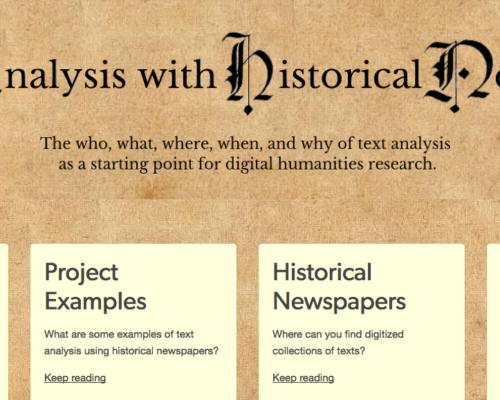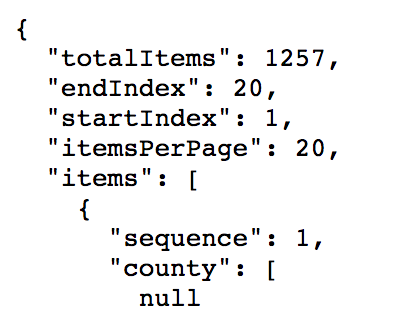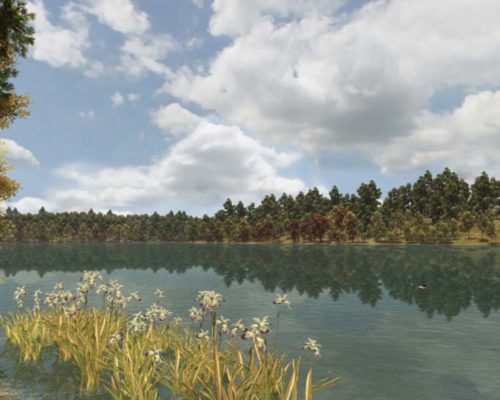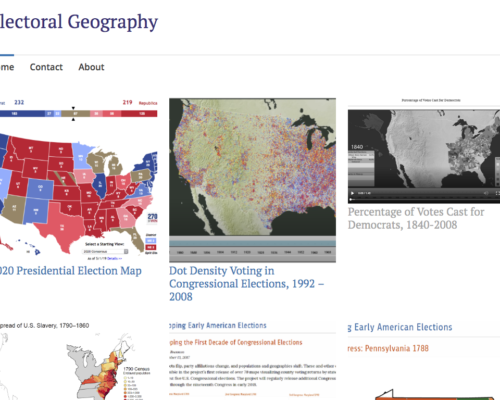ASCO’s significance within the realm of peripheral art-making during periods of civil unrest cannot be overstated. The collective transcended the confines of traditional artistic spaces, pioneering a movement that challenged societal norms and redefined the boundaries of artistic expression. Existing for over 15 years, ASCO operated outside the established structures of the LA gallery market, utilizing their elusiveness to cultivate…
Category: Resources
The Increasing Gamification of Assassin’s Creed: Discovery Tour
Since its debut in 2007, the Assassin’s Creed video game franchise has been creating digital representations of historical cities. Ubisoft, the developer, has hired historians to ensure an accurate portrayal. Despite its academic potential, the violent themes in the game have prevented it from being a teaching tool. In 2017, Assassin’s Creed launched the Discovery Tour. This is a mode…
Kinolab: A Digital Humanities Project Review
Beginning with pioneering projects in the late 2000s, digital humanities—historically dominated by text scholarship—has increasingly expanded into film studies. Scholars interested in applying analytical methods such as distant reading to audiovisual materials are developing annotation tools unique to film, in contrast to the Text Encoding Initiative (TEI) used for written texts. Led by principal investigator Alison Cooper, the digital humanities…
Livingstone Online Project Review : A case for interdisciplinary DH
Abstract: This project review examines Livingstone Online, in particular the project arguments and goals, disciplinary context, and methodologies used. By examining this testament to scholarly and institutional collaboration and interdisciplinary thought, I break down the project’s contributions to digital humanities, postcolonial studies and Livingstone studies.
Digital Humanities: National Museum of Rio de Janeiro Tragedy
Abstract: Digital humanities in museum settings is a crucial area to be explored and applied because it can be the determining factor between saving history and losing it forever. The tragedy that happened in the National Museum of Rio de Janeiro in Brazil, where a devastating fire destroyed the museum completely and with that over 20 million unique artifacts were…
Mukurtu Info Site and Resource
Serving as a Digital Humanities resource, the purpose of this WordPress site is to educate and inform a community of practitioners about the content management system Mukurtu. Designed collaboratively by indigenous groups and academic researchers, Mukurtu is a user-centered CMS intended to empower marginalized communities to designate terms of accessibility and reuse for their cultural heritage ephemera. Because Western intellectual…
Text Analysis with Historical Newspapers
As many cultural heritage institutions rush to digitize materials, hoping to fulfill their missions of providing widely, openly accessible collections, one of the odd quandaries researchers face is an overwhelming amount of certain kinds of information. Historical newspapers are top among those materials that have been digitized like mad. It makes sense, of course — these might be fragile items…
Getting Data for Digital Humanities with APIs: A Gentle Introduction
Heard about APIs, but still not really sure what they are or how to use them? This post will take you through: the basics of what an API is when you might want to use one what kinds of institutions or collections might have APIs of potential interest to DH practitioners where to look on these sites for access to…
Designing for Reflection: Walden, a game and the Case for Slow Digital Humanities
While more and more attention is being paid to slow things down—slow food, slow TV, etc.—should we be also creating a “slow digital humanities?” Walden, a game, a video game adaptation of Thoreau’s experiences at Walden Pond, prioritizes slowness, reflection and deliberate action. Exploring how that is manifested in the rules and world of the game will demonstrate ways that slowing down can benefit digital humanities projects.
Electoral Geography
https://electoralgeography.home.blog/ Electoral Geography is a practice that has been going on since before the digital age. It is the study of mapping elections: the analysis of the behavior, methods, and results of elections using geographical techniques. Though electoral geography has been going on since the dawn of electronics, with the advent of the internet, it has increasingly become a practice…

